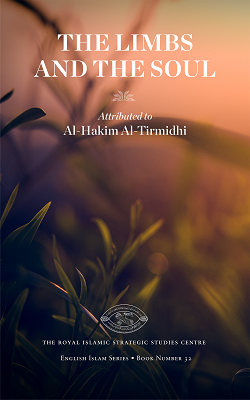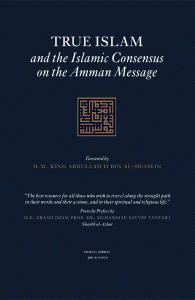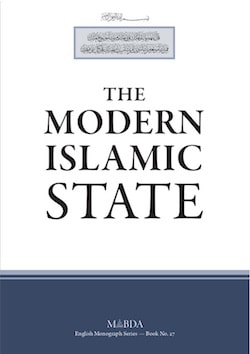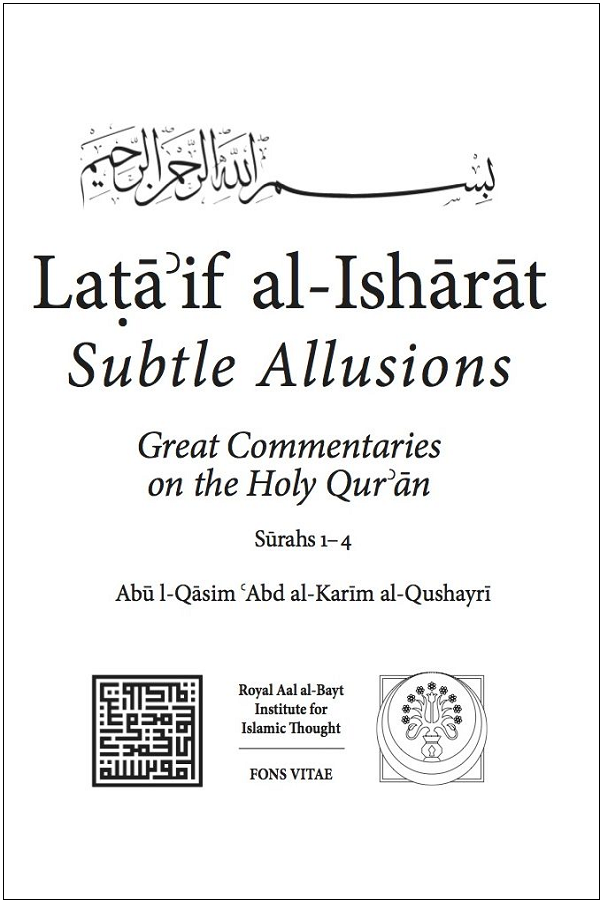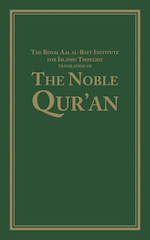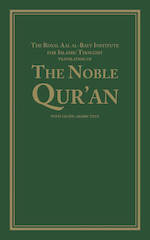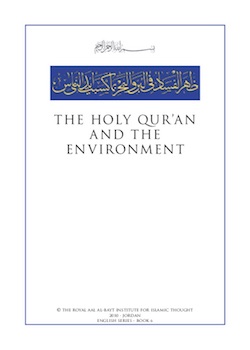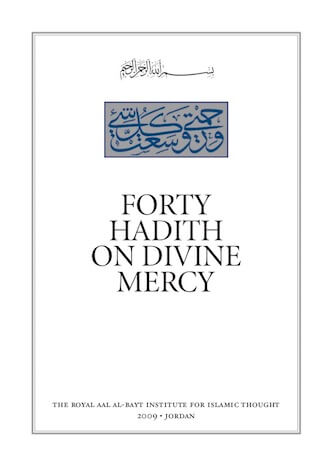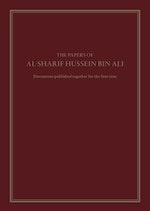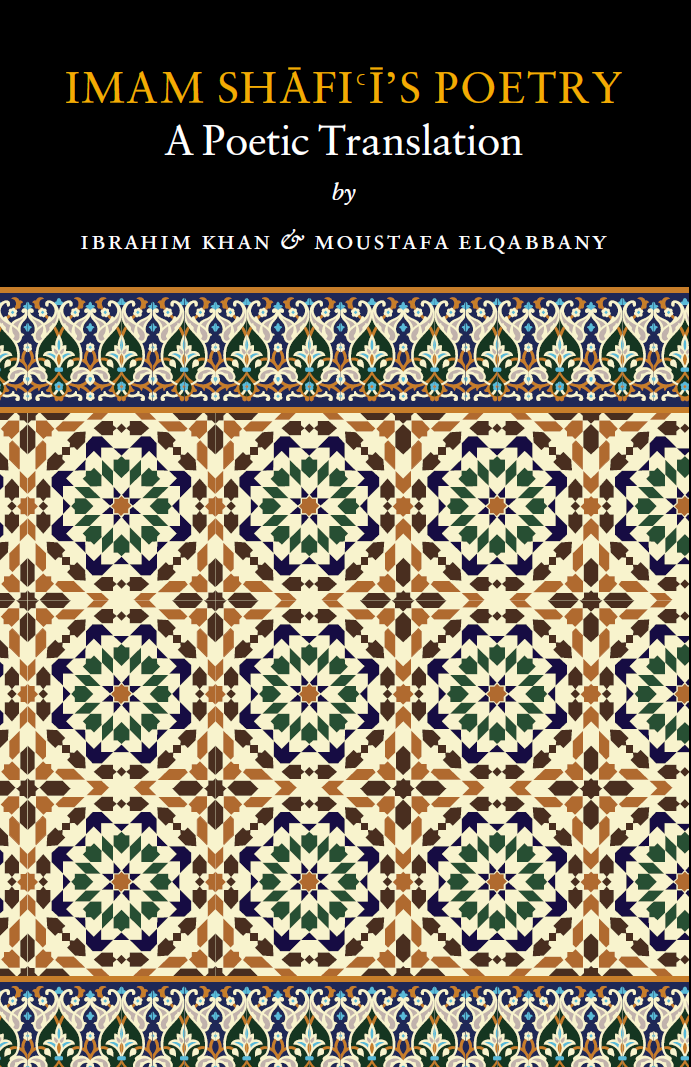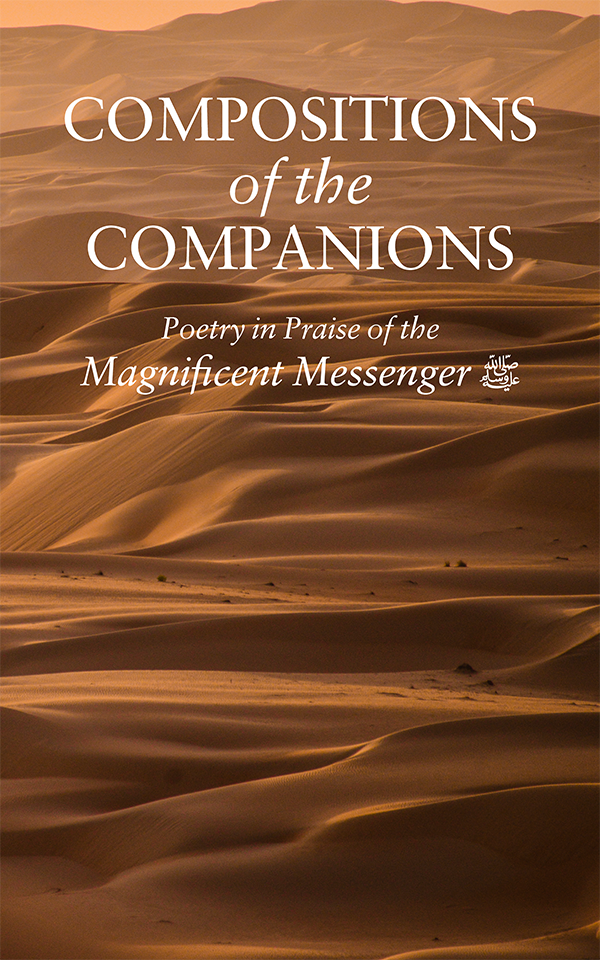The Strangeness of Strangers on my Flight
What do Frank Sinatra and Osama bin Laden have in common?
Probably very little, really. In fact, Sinatra may just be the antithesis to everything that bin Laden is seen to be: a brown-eyed, dark-skinned, turban-clad figure-head of one of the world's most radical anti-US networks. Bin Laden is perhaps even viewed by some as the very embodiment of those who "hate America for its freedom", the same freedom that produced the likes of Ol' Blue Eyes' and his inescapable charm, All-American winning-smile and his stellar contributions to modern musical history.
While the worlds of Ava Gardner, The Rat Pack and Frankie Baby seem at inevitable odds with the remote world of deserts, beards and bruqas, we must not fall into the trap of propagating a dangerous "Clash of Civilizations" theory between the West and Islam as is so often the case in many outlets of American mainstream popular culture. After all, let us remember that at a time when Muslims were celebrating the establishment of the world's first school of music by the lush banks of the Iberian Peninsula and could use novelties such as toothpaste and perfume as invented by Ziryab of Al-Andalus – dubbed 'Blackbird' for being so dark in complexion – neighboring Europe was wallowing in filth, ignorance and disease in their Darkest of ages.
For centuries, the Muslim world as portrayed by Western media has been caught between the gnawing paws of Orientalism and terrorism. Beginning with the so-called Barbary Wars in 1801 between the United States and the then Ottoman-controlled North African states, to the ongoing "War on Terror" in Afghanistan and "Operation Iraqi Freedom", the American imagination has both eroticized and demonized the Arab-Muslim "other", arguably through the periphery of perceived political and cultural superiority over them. Today, in the aftermath of 9/11 and the Ft. Hood shootings, the dangerous trend of demeaning and making callous generalizations about Arabs and Muslims in American popular culture has been exacerbated to reach all-time alarming lows.
I was shocked to come across a tasteless parody of Frank Sinatra's classic 'Strangers in the Night' by an amateur web-developer dubbed Chris, in which the songwriter managed to turn a timeless love song into a disturbing Islamophobic jingle called 'Strangers on my Flight'. Lyrics include:
Strangers on my flight,
turbans they're packin'.
Wonderin' if they might,
plan a hijacking.
They could pull a stunt,
before this flight is through.
While obviously in jest, the parody reflects the rather serious reality that Islamophobia is alive and well in the West. Making paranoid, value judgments about "turban-packin'", "funny-talkin'" people on the basis of what they look like or what they are perceived to represent is not, in fact, cause for laughter, but is a reflection of a rampant tendency to demonize Islam and Muslims as threats to security and civilization.
Such rhetoric is reminiscent of bigoted attacks against blacks in Antebellum America, where racial discrimination stood as a barrier to the very principals of the American founding of "liberty and justice for all." For Muslims today, the radicalized few in their midst are used as scapegoats to promote anti-Islamic polemics that seek to serve destructive political – but often purely prejudiced – agendas. Not surprisingly, such fear-driven tactics seep into millions of TV sets, computer screens and newspapers everyday to instill a status quo of skepticism and hatred, which in-turn yields an influx of plenty more 'Strangers on my Flight'-style promulgations.
It would serve the songwriter to face his fear and desire to hurt those he clearly describes as Muslims or Arabs in his song by seeking to understand Islam and Muslims first-hand, either by paying a visit to a local mosque or consulting reliable studies on what most Muslims actually believe. And if that deems too troublesome, then at least leave the Chairman of the Board out of it – Sinatra himself once championed the fight against racism in touching works like 'The House I Live In', in which he describes his country as a "home for all God's children." He would shudder in his grave to hear his song corrupted in that way, if only for the sole reason that "Stranger's on My Flight" would make for one Sinatra travel ballad too many. "So come fly with me, let's fly, let's fly away": there are no strangers aboard this music legend's flight.


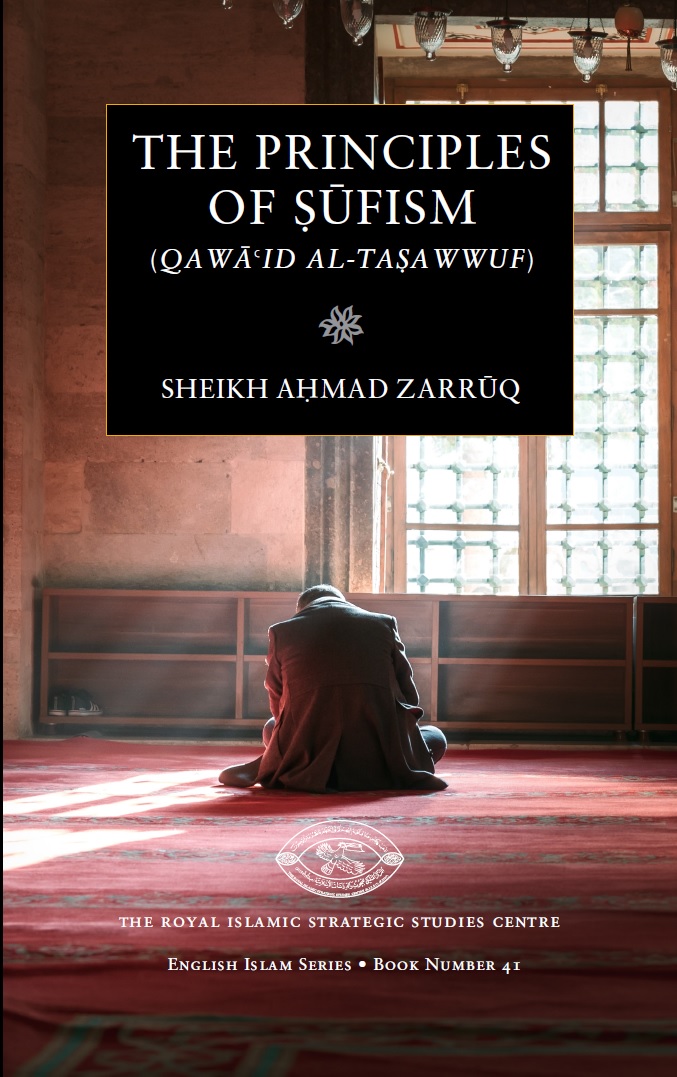

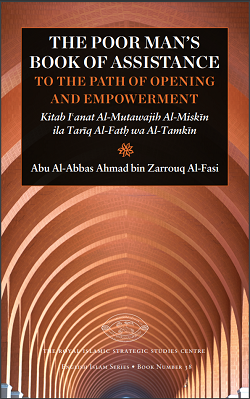

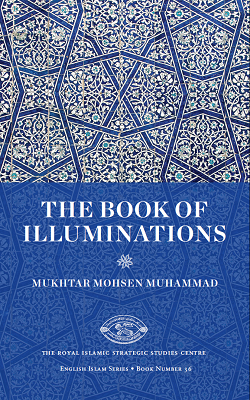
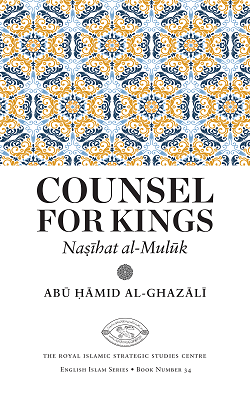
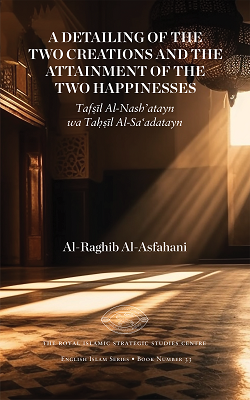
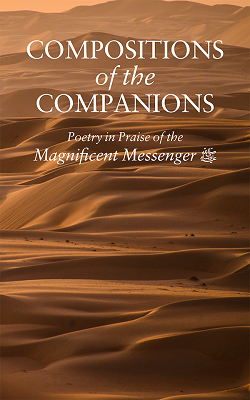
![OrnamentsofGatherings_EnglishArabic_BookSingles_05-06-23[63]_Page_001](https://rissc.jo/wp-content/uploads/2023/06/OrnamentsofGatherings_EnglishArabic_BookSingles_05-06-2363_Page_001-scaled.jpg)
